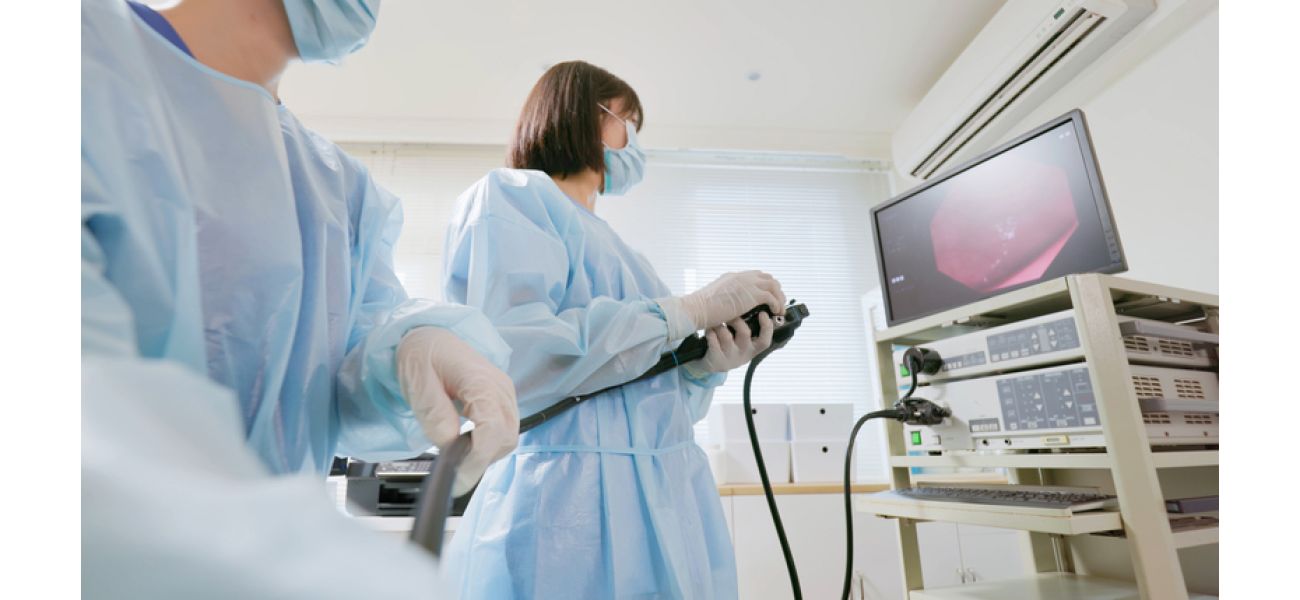Australia's youth faces the world's highest rates of bowel cancer.
Australia has the highest rate of young-age bowel cancer, at 16.5 diagnoses per 100,000 people annually.
December 13th 2024.

According to new research published in a top medical journal this week, Australia is facing a concerning issue with the highest rates of bowel cancer among young people in the world. The study, conducted by the American Cancer Society and published in The Lancet, compared bowel cancer rates in 50 countries worldwide among individuals under and over the age of 50.
The results were alarming, with Australia having the highest rate of early-onset bowel cancer, with 16.5 people diagnosed per 100,000 individuals each year. This was followed by the United States at 15.2 diagnoses and New Zealand at 14.8. While it may not come as a surprise that wealthy Western countries have high rates of bowel cancer, the research also showed an increase in rates among lower income countries in Latin America, Asia, and the Caribbean.
On the other hand, the study also revealed some positive news - bowel cancer rates among individuals over the age of 50 are actually declining in the majority of countries studied, including Australia. However, this does not diminish the fact that colorectal cancer is still the third most diagnosed cancer and the second leading cause of cancer death worldwide.
One of the challenges with bowel cancer is that it often presents few symptoms until it has spread, making it difficult to detect and treat early on. Symptoms may include blood in stools, unexplained weight loss, abdominal pain, unexplained anemia, and changes in bowel habits. It's crucial for individuals to be aware of these signs and seek medical attention if any of them arise.
In response to the concerning rates of early-onset bowel cancer, the Australian government recently lowered the age of eligibility for the National Bowel Cancer Screening Program from 50 to 45 years. However, for those aged 45 to 49, screening is still on an opt-in basis, meaning they must request a test rather than automatically receiving one in the mail.
This decision was made after the Australian Institute of Health and Welfare reported a 134% increase in bowel cancer among individuals aged 20 to 34 in the past 18 years. The reasons behind this rise in younger people are still uncertain, but the authors of the Lancet paper suggest that diet changes, including a higher consumption of red and processed meats, sugars, and convenience foods, as well as a more sedentary lifestyle, could be contributing factors.
On a positive note, increased awareness and national screening programs, such as Australia's, could be helping to drive down rates of diagnosis in older individuals. The findings of the American Cancer Society's research were published in The Lancet Oncology yesterday, highlighting the importance of addressing this issue and finding ways to prevent and treat bowel cancer.
The results were alarming, with Australia having the highest rate of early-onset bowel cancer, with 16.5 people diagnosed per 100,000 individuals each year. This was followed by the United States at 15.2 diagnoses and New Zealand at 14.8. While it may not come as a surprise that wealthy Western countries have high rates of bowel cancer, the research also showed an increase in rates among lower income countries in Latin America, Asia, and the Caribbean.
On the other hand, the study also revealed some positive news - bowel cancer rates among individuals over the age of 50 are actually declining in the majority of countries studied, including Australia. However, this does not diminish the fact that colorectal cancer is still the third most diagnosed cancer and the second leading cause of cancer death worldwide.
One of the challenges with bowel cancer is that it often presents few symptoms until it has spread, making it difficult to detect and treat early on. Symptoms may include blood in stools, unexplained weight loss, abdominal pain, unexplained anemia, and changes in bowel habits. It's crucial for individuals to be aware of these signs and seek medical attention if any of them arise.
In response to the concerning rates of early-onset bowel cancer, the Australian government recently lowered the age of eligibility for the National Bowel Cancer Screening Program from 50 to 45 years. However, for those aged 45 to 49, screening is still on an opt-in basis, meaning they must request a test rather than automatically receiving one in the mail.
This decision was made after the Australian Institute of Health and Welfare reported a 134% increase in bowel cancer among individuals aged 20 to 34 in the past 18 years. The reasons behind this rise in younger people are still uncertain, but the authors of the Lancet paper suggest that diet changes, including a higher consumption of red and processed meats, sugars, and convenience foods, as well as a more sedentary lifestyle, could be contributing factors.
On a positive note, increased awareness and national screening programs, such as Australia's, could be helping to drive down rates of diagnosis in older individuals. The findings of the American Cancer Society's research were published in The Lancet Oncology yesterday, highlighting the importance of addressing this issue and finding ways to prevent and treat bowel cancer.
[This article has been trending online recently and has been generated with AI. Your feed is customized.]
[Generative AI is experimental.]
0
0
Submit Comment





